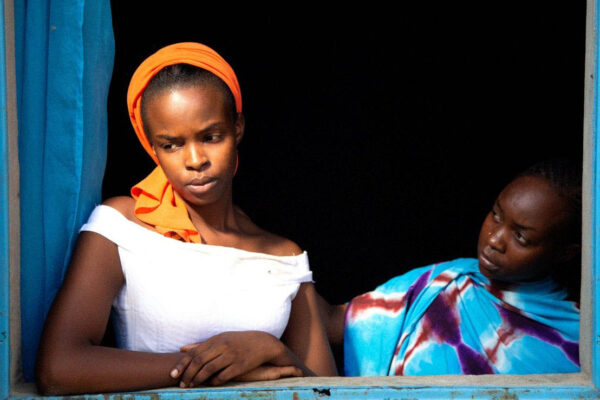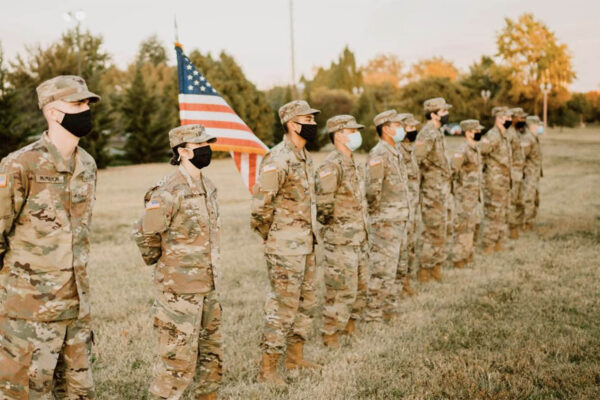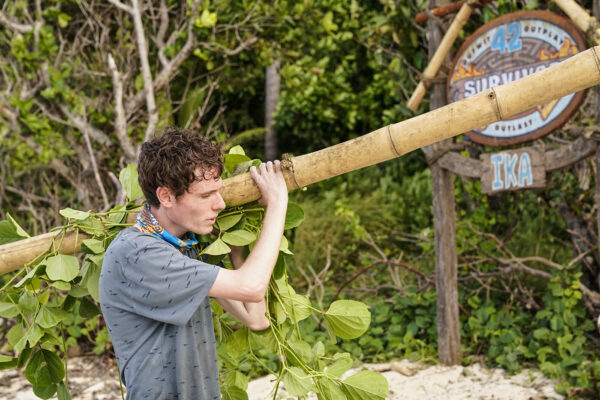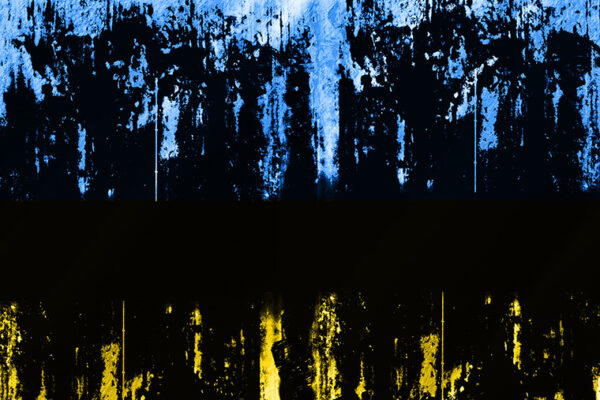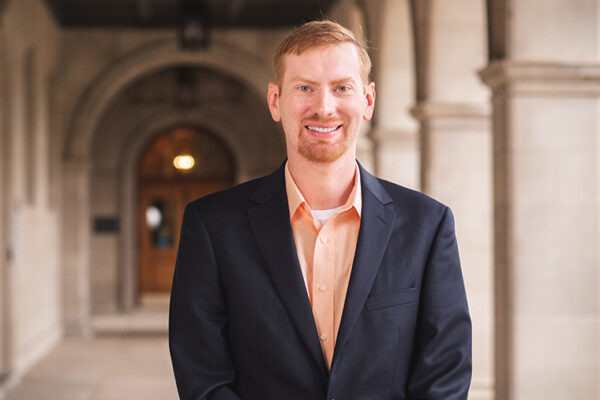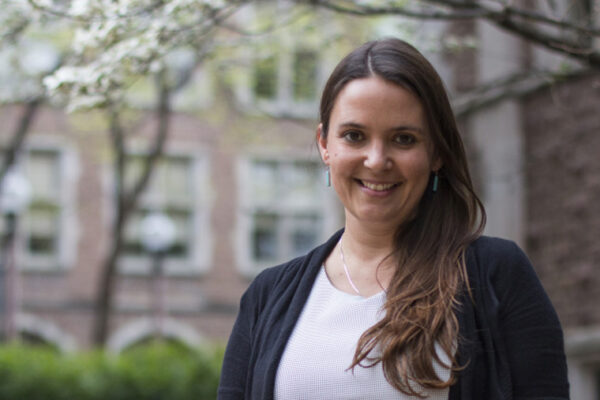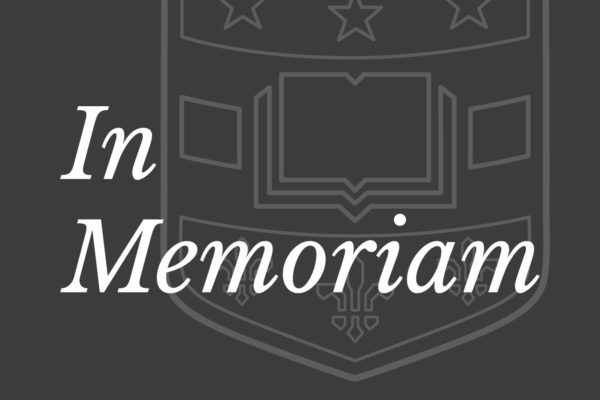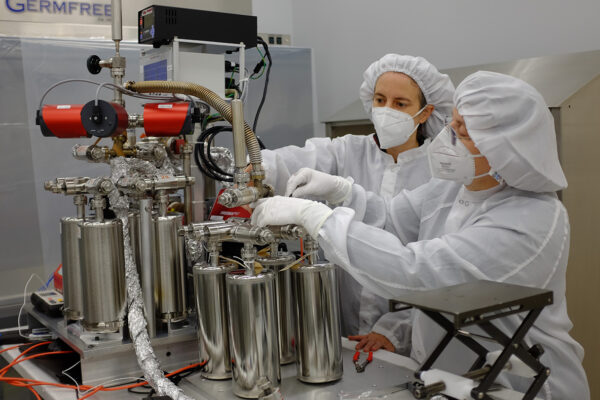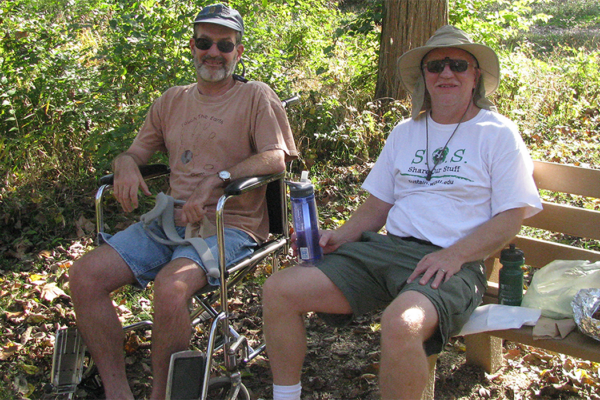African Film Festival returns to campus
The 16th annual African Film Festival returns to Washington University in St. Louis on March 25-27. The free event features eight short and full-length films.
Gateway Battalion cadets earn honors
Patrick Grindel, a senior studying mechanical engineering at the McKelvey School of Engineering and a cadet in the ROTC Gateway Battalion, has been recognized by the U.S. Army Cadet Command as a Distinguished Military Graduate, ranking fourth in a nationwide field of 6,000 cadets.
Senior Zach Wurtenberger to appear on ‘Survivor’
The secret is finally out — senior Zach Wurtenberger, an English major in Arts & Sciences, is a contestant on “Survivor,” one of the longest-running and most popular reality shows in TV history.
Unpacking the crisis in Ukraine
The Russian invasion of Ukraine took much of the world by surprise. On March 9, a group of WashU faculty will attempt to sort through the roots of the conflict, as well as the latest developments, in the virtual panel discussion “Crisis in Ukraine.”
Fournier wins molecular spectroscopy award
Joseph A. Fournier, assistant professor of chemistry in Arts & Sciences, is the winner of the 2022 Flygare Award, given biannually by the International Symposium on Molecular Spectroscopy.
Juvenile justice: ‘We are coming up short’
Analyzing data from thousands of young people, Joshua Jackson in Arts & Sciences finds the juvenile justice system is not rehabilitating kids.
APS selects English as fellow
Tammy English, associate professor of psychological and brain sciences in Arts & Sciences, has been named a fellow of the Association for Psychological Science.
Kathleen Ann Schneider, longtime staff in Arts & Sciences, 73
Kathleen Ann Schneider, a longtime administrative assistant in the Department of English in Arts & Sciences, died March 1, 2022. She was 73.
Recovering gases from Moon rocks
Led by physicist Alex Meshik in Arts & Sciences, Washington University scientists designed and built the device that NASA is using to extract gases from a lunar sample from the Apollo 17 mission.
Honoring a dying wish
Mike Yochim spent his final months writing a book about the effects of climate change on national parks. Bill Lowry, professor emeritus of political science in Arts & Sciences, ensured his friend’s final words would be heard.
View More Stories
